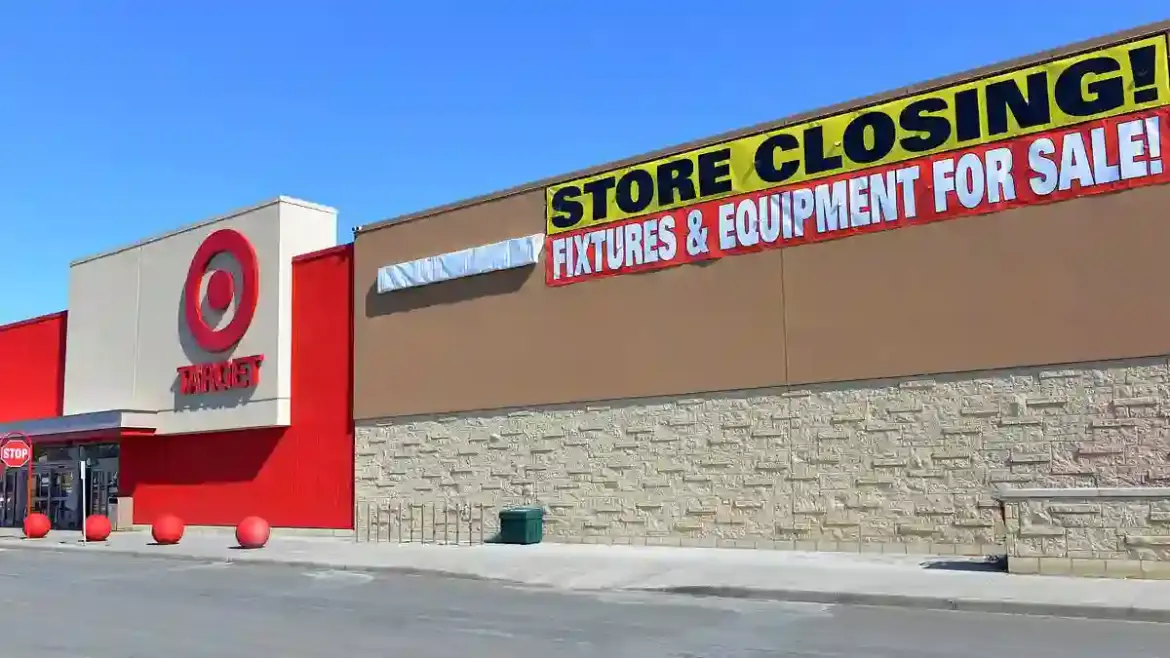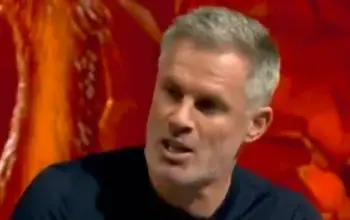For years, Target has been the punchline of lighthearted jokes on Saturday Night Live—its bold red bullseye logo and “cool mom” vibe made it an easy subject for satire. But lately, the tone of the comedy has shifted.
Instead of gentle ribbing, skits have started poking fun at the chain’s messy handling of America’s cultural divides.
One 2023 sketch joked about “diversity training in aisle five” and teased the company with a mock slogan: Expect More, Offend Everyone.
Another gag portrayed workers unsure if their job was stocking shelves or handing out pronoun badges.
As funny as those lines may have been, they hit on some uncomfortable truths for the retailer.
A CEO Steps Aside Amid Mounting Troubles
Brian Cornell, who has led Target for more than a decade, announced he’ll step down as CEO at the end of January.
His departure comes at a time when the company is facing declining sales, unhappy customers, and a reputation that’s been badly dented by controversy.
From April to June alone, Target reported a jaw-dropping $227 million sales drop, along with shrinking profits.
That dip wasn’t due to outside forces alone—analysts say the company has created many of its own problems.
Neil Saunders of GlobalData summed it up bluntly: “The decline is entirely self-inflicted.”
Shoppers Losing Patience
For everyday customers, frustrations are piling up.
Complaints range from long checkout lines and messy stores to confusing product launches. Shoppers are increasingly turning away at a time when saving both time and money matters most.
On social media, employees have also shared their frustrations.
Workers on TikTok and Reddit post videos showing chaotic backrooms overflowing with stock, blaming leadership for cutting staff hours while still demanding spotless aisles.
One worker even admitted they’re keeping their resume ready—just in case.
Wall Street Reacts—But Not With Relief
Normally, investors celebrate when a struggling CEO steps aside.
But Target’s stock actually dropped after Cornell’s announcement. The reason? He isn’t truly leaving.
Cornell will stay on as executive chairman, and his replacement is another insider: COO Michael Fiddelke.
That decision raised eyebrows. Many expected Target to bring in an outsider with fresh ideas, much like Starbucks did when it hired Chipotle’s Brian Niccol—a bold move that immediately boosted its stock and confidence in the brand’s future.
Critics Call for Fresh Blood
Retail analysts were disappointed to see Target take the safe route.
Carol Spieckerman, an independent retail expert, said Cornell often came across as defensive and tone-deaf, and she had hoped for new leadership from outside the company.
Consultant Steve Dennis put it more bluntly: “Leaders at Target have not been leading.”
Analysts worry that sticking with insiders won’t solve what they describe as years of “groupthink” and a leadership culture too focused on protecting itself instead of fixing deep-rooted problems.
From Pandemic Darling to PR Headache
Cornell’s early years at Target were celebrated.
He introduced popular in-house brands like Good & Gather and All in Motion, while investing in drive-up pickup that made shopping seamless during the pandemic.
Partnerships with Levi’s, Starbucks, and Ulta gave the stores a fresh, upscale feel.
But the shine faded quickly. As families grappled with the fallout from years of high inflation, Target’s more polished image clashed with shoppers’ need for budget-friendly groceries. Then came political backlash.
Conservatives attacked the retailer’s Pride collections, while progressives grew angry over changes to diversity hiring policies.
Suddenly, Target found itself losing trust from both sides.
Staff Morale Hits a Low
Inside the company, things weren’t much better.
Internal surveys revealed widespread frustration among workers, who felt corporate leaders were slow to respond to problems in stores and poor at communication.
Those feelings only deepened as controversy grew louder outside the company.
The Road Ahead for Target
Now, it’s up to Michael Fiddelke to try and steady the ship.
While he faces a long list of challenges—from rebuilding consumer trust to boosting staff morale—analysts say there’s still reason to be hopeful.
Target remains profitable, and many shoppers continue to feel loyal to the brand.
As analyst Carol Spieckerman put it: “The company is still unique.
They can pull this around, but they need to focus on communication.”
For now, Target has declined to comment on the leadership shake-up.



